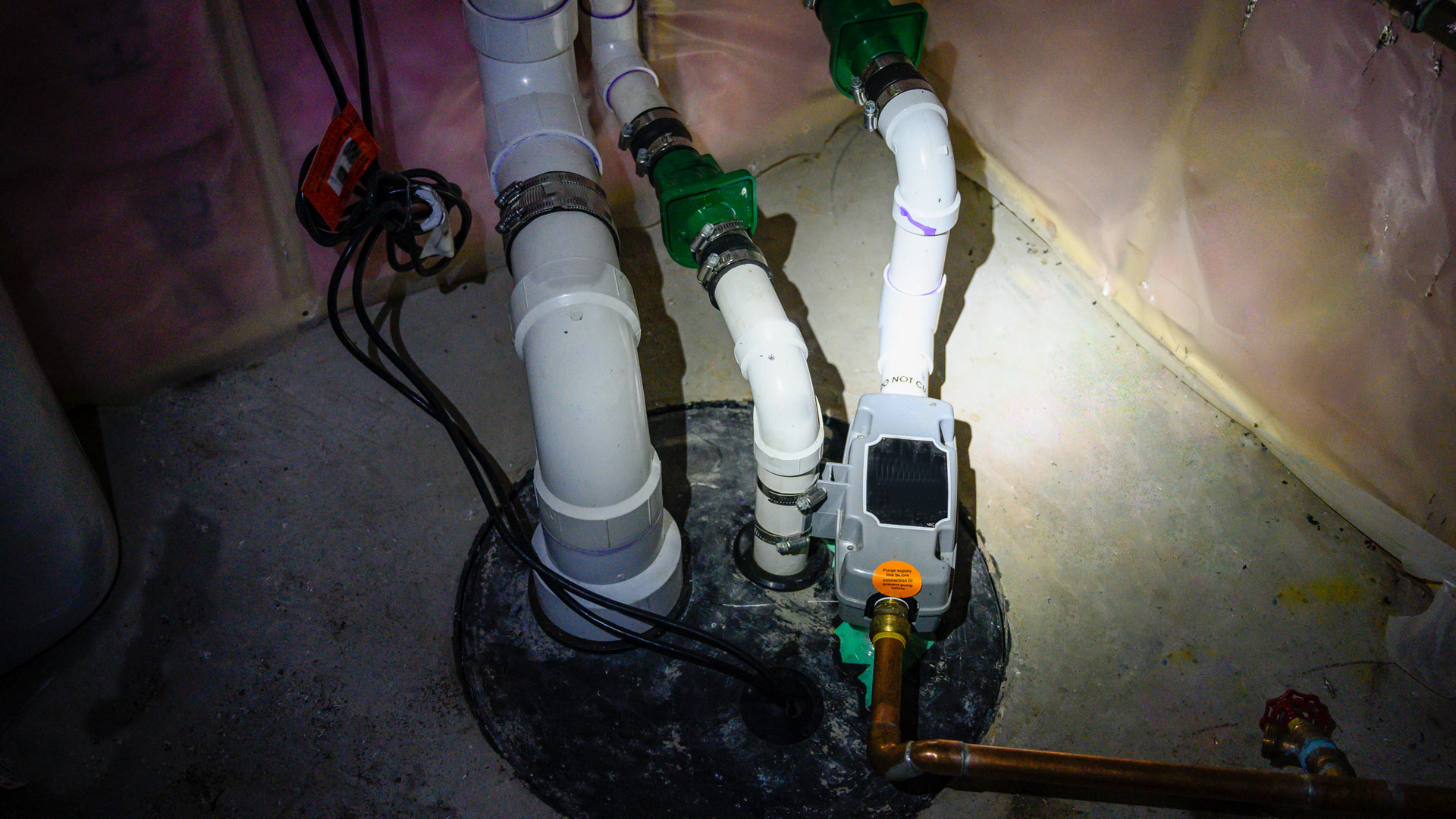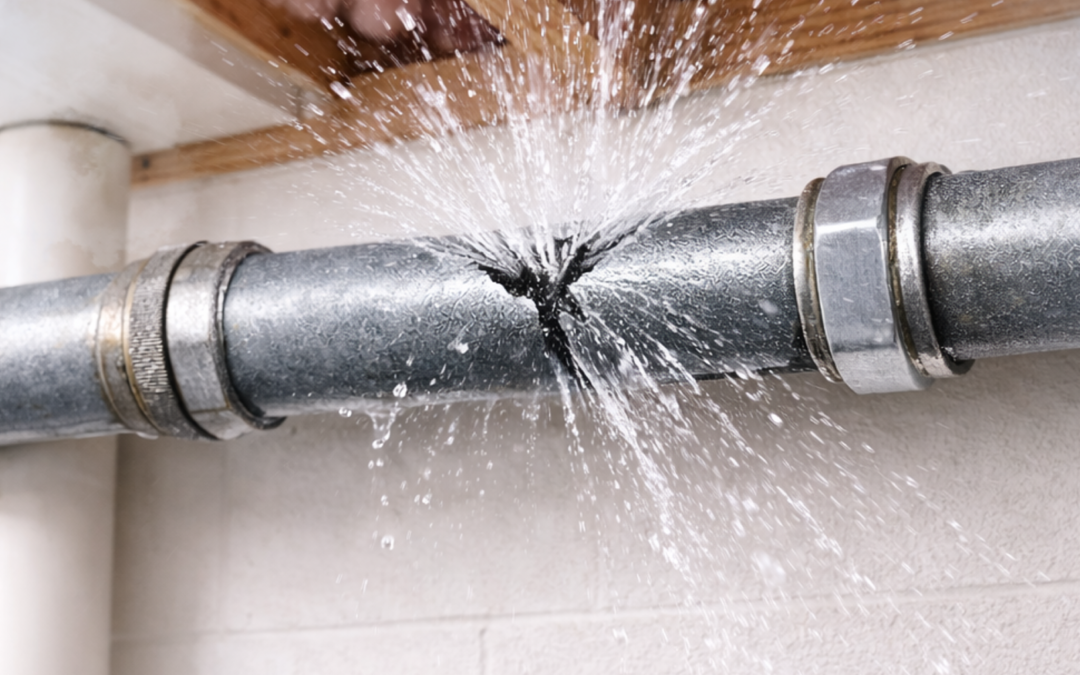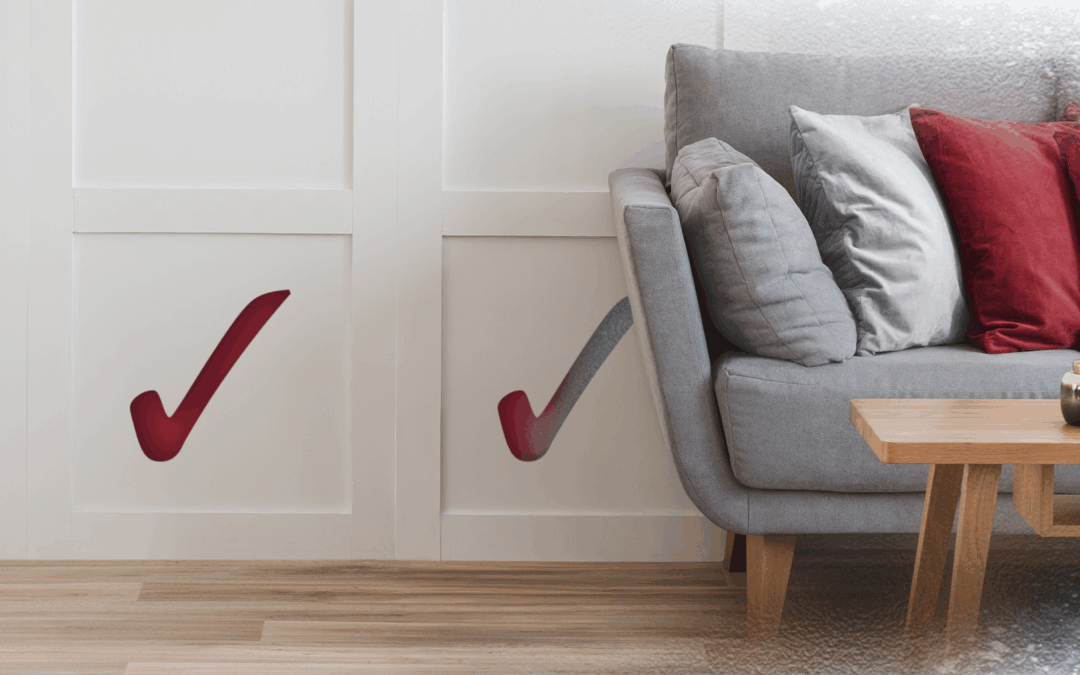What You Need to Know about Sump Pumps

If you’ve ever had a flooded basement, you might have learned at the time that either you needed a sump pump or that your sump pump was broken. Of course, it was probably too late by that point.
Flooded basements can cause major damage, not only to whatever you have stored in your basement but to your house’s walls, supports, and foundation. Flooding under your home can cause wooden structural beams to rot, invite mold and insects, and reduce the stability of your house. And not addressing it can cost tens of thousands of dollars in damage.
And that’s where our friendly little sump pump comes in. Sump pumps can literally save you tons of money and headaches. Let’s take a look at what they do and why you might need one.
What is a sump pump, and what does it do?
A sump pump is a mechanical device often installed in a basement or ground-level crawlspace. It is a pump that is designed to keep water from collecting by draining and pumping it away from your house.
They work fairly simply: A pit, also called a basin, at the bottom of the sump pump collects the water. When it reaches a certain height, the pump motor activates and pumps the water through a discharge pipe and away from your home.
What types of sump pumps are there?
There are two types of sump pumps:
- Pedestal: The pump motor sits outside the pit.
- Submersible: The pump motor sits inside the pit.
Pedestal sump pumps are louder, but they also tend to last longer and are easier to repair. Submersible sump pumps are more expensive but can handle larger volumes of water.
This is an important distinction that will largely be driven by the amount of water you need to evacuate. If your basement floods even when it lightly rains, you likely need something that will move more water faster.
Another aspect of sump pumps is their horsepower. Typically, sump pumps range from ¼ hp to ¾ hp. Again, the amount of horsepower you need will depend on how much water you need to move.
Do you need a sump pump?
If your basement or crawlspace regularly floods, then it’s highly likely you need a sump pump. This is most common in areas that receive above-average rain or snowfall each year, but homes in low-lying areas also often need them.
Keep in mind that homeowners insurance often doesn’t cover damages due to groundwater, and installing a sump pump can be a potential lifesaver if you experience flooding.
And given that Maryland has seen precipitation levels rising nearly three inches each decade for the past 20 years. That might not seem like a lot, but it certainly can add up over time, eroding your home foundation and potentially threatening the structural soundness of your home!
So, if you think you need a sump pump, it’s best not to wait. Call us today to schedule a consultation and estimate.
Related Posts:
Prevent Your Pipes from Freezing this Winter
Frozen pipes can burst quickly in cold weather—but they’re often preventable. Proven tips to help protect your plumbing system this winter.
The Essential Pre-Winter Checklist for Your Home or Business
Our essential checklist helps prevent costly heating, plumbing, and weatherization problems before winter hits.
Is Your HVAC System Making Your Spring Allergies Worse?
Think you’re safe from pollen indoors? Your HVAC system might be spreading allergens throughout your home. Discover how to fight back.



Subscribe To Our Newsletter
Join our mailing list to receive the latest news and updates from our team.
You have Successfully Subscribed!